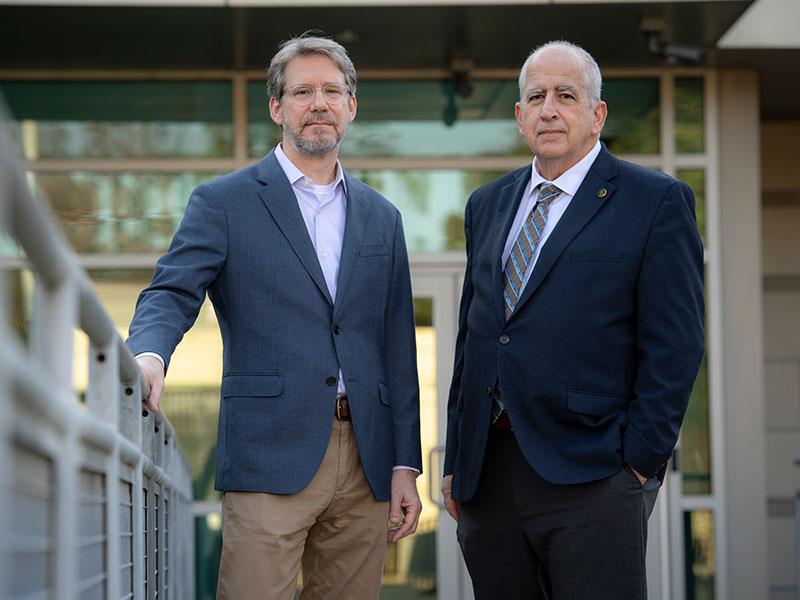Tulane awarded $1.5 million for tuberculosis vaccine research
The Tulane National Primate Research Center was awarded a $1.5 million grant from the Bill & Melinda Gates Foundation to help researchers find a more effective vaccine against tuberculosis. The grant will fund efforts to establish a nonhuman primate colony that more closely mimics the way people are currently vaccinated against the disease.
Tuberculosis, the world’s leading infectious disease killer, claims millions of lives every year. Although much of the world’s population is vaccinated against tuberculosis at birth, an estimated one third of the world’s population is infected with Mycobacterium tuberculosis.
Despite nearly a century of use with limited effectiveness, the Bacillus Calmette-Guérin (BCG) vaccine remains the only licensed vaccine available to prevent TB. For reasons not fully understood, BCG provides limited protection against the devastating disease during childhood but leaves adults susceptible to infection.
Researchers don’t yet know why the BCG vaccine loses its ability to protect beyond adolescence, if a booster of the vaccine could offer enhanced protection or whether a new vaccine would serve as a better replacement.
“This is a unique opportunity for our center because it relies heavily on the expertise of our veterinarians, animal care technicians and behavioral management team,” said Skip Bohm, DVM, associate director and chief veterinary medical officer. “Special considerations are made when working with infants and mothers to ensure that their psychological needs are being met and that there is minimal disruption to their daily lives. Their care and well-being are always our top priority.”
In recent years, Tulane National Primate Research has emerged as a leader in tuberculosis research. Last year, the center received funding from the Bill & Melinda Gates Foundation for a 1,200-square-foot imaging center that includes a Mediso MultiScan PET/CT to detect tuberculosis granulomas, one of just four in the world. The center also recently established a Tuberculosis Research Performance Core, which provides comprehensive tuberculosis project development and implementation for researchers worldwide.
“Tuberculosis remains a leading cause of death worldwide and discovering new ways to provide enhanced protection is paramount,” said Jay Rappaport, PhD, director of the center and principal investigator. “This grant is the first step in that advanced research, and we are excited to be a part of it.”

